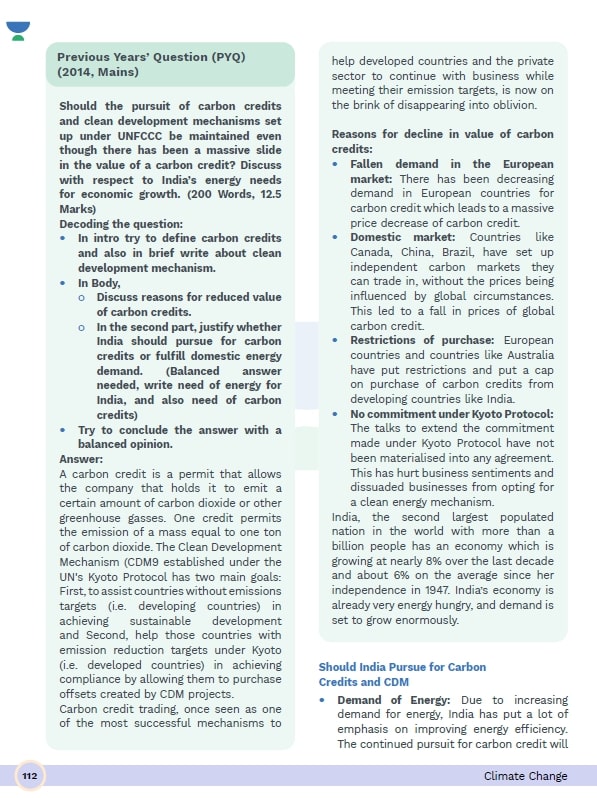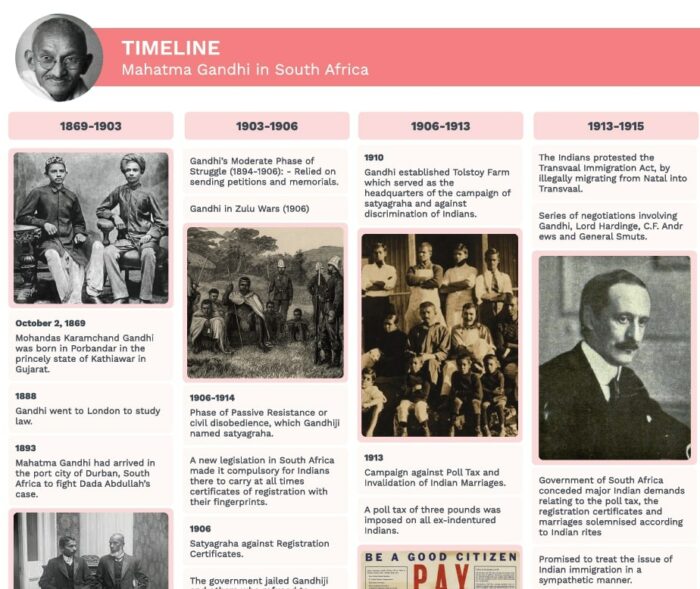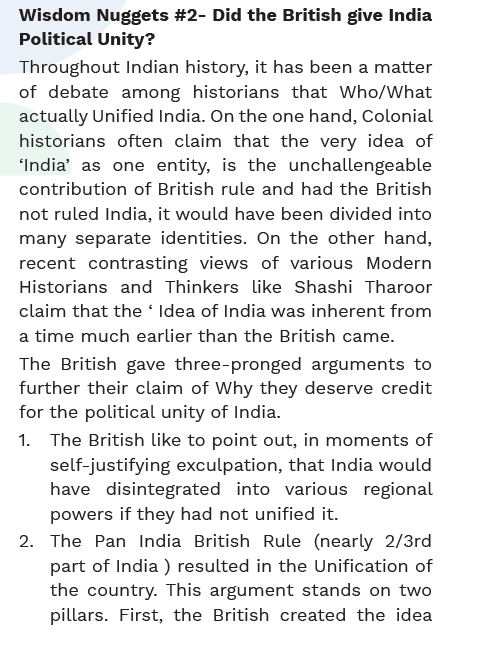Check here: UPSC Prelims Result 2024 Out
Don’t miss: UPSC Prelims Paper Analysis 2024
Also see: UPSC Result 2023
The UPSC Prelims for 2024 are set for June 16, and the UPSC Mains is scheduled for September 20.
Download everything you need for UPSC preparation
When preparing for UPSC CSE, it is crucial to refer to the right study material. Although many books and study materials are available online and offline, aspirants must research to shortlist the study materials that will help them ace their preparation. It is recommended that UPSC aspirants start their preparation with NCERT books and move to the standard reference books later. The choice of reference book will depend on the subject-matter knowledge of the candidate and their previous expertise in the exam.
Table of Contents
- UPSC Preparation Books – Best Books For IAS Prelims
- UPSC Preparation Book List – Best Books For IAS Mains
- UPSC Books For Optional Subjects
- Highlights of UPSC Notes 2.0 by Unacademy
UPSC Preparation Books – Best Books For IAS Prelims
Download Free Sample
There are 2 papers in the Prelims for General Studies Paper – I and CSAT & both are of objective type with negative marking. Here are the best IAS Prelims Best Books given below –
| Subject | UPSC Books List |
| History |
|
| Geography |
|
| Indian Polity |
|
| Economics |
|
| International Relations |
|
| CSAT |
|
| Solved Papers |
|
UPSC Preparation Book List – Best Books For IAS Mains
List of UPSC Books
The candidates can follow the given book details for the preparation of the UPSC Preparation 2024 and 2025 – Here, we have mentioned the best general studies books for the UPSC CSE Mains
| Subject | UPSC Books |
|
History, Indian Heritage & Culture [GS Paper 1] |
|
|
Geography [GS Paper 1] |
|
|
Polity & International Relations [GS Paper 2] |
|
|
Economy [GS Paper 3] |
|
|
Ethics [GS Paper 4] |
|
| Solved Papers |
|
UPSC Book List For Optional Subjects
| Agriculture |
|
| Anthropology |
|
| Botany |
|
| Chemistry |
|
| Economics |
|
| History |
|
| Management |
|
| Mathematics |
|
| Electrical Engineering |
|
| Urdu |
|
| Psychology |
|
The Value of UPSC Preparation Books
UPSC preparation books can be very valuable for individuals preparing for the Union Public Service Commission (UPSC) exams in India. These exams are highly competitive and are used to select candidates for various government jobs, including those in the Indian Administrative Service (IAS), Indian Police Service (IPS), and Indian Foreign Service (IFS). Preparation books can help individuals understand the exam format and content, as well as provide practice questions and study materials to help them prepare for the exams.
It’s important to note that while UPSC preparation books can be a helpful resource for studying, they should not be the only source of information and practice materials used. It’s also recommended to use a variety of other resources, such as online study guides, practice tests, and coaching classes, to ensure a well-rounded and comprehensive preparation for the UPSC exams.
Highlights of UPSC Notes 2.0 by Unacademy
- Integration of UPSC PYQs
- All the UPSC Questions asked in the Mains Examination from 2013-2020 are integrated into Notes 2.0. Learning PYQs will help learners understand the demand of exams.
- Also, UPSC has a tendency to repeat a few questions. For example, UPSC has repeatedly asked questions about the difference between Indian and Western Secularism, similarly, questions on issues related to Urban Flooding have been asked repeatedly. Learning PYQs will help in addressing such answers.
Previous Years’ Question (PYQs) in Notes 2.0:

- Mindmaps and Timelines:
High-yield information has been compressed in the form of tables, flowcharts, bullet points and timelines, these things will help one memorise and recall the information in an easier way. This will be particularly useful for revision. Rather than revising entire chapter, learners can revise a page.
Timelines

Mindmaps

- Comprehensive coverage of each and every topic:
- Contemporary issues are comprehensively covered in Notes – For example, the Taliban takeover over Afghanistan, Supreme Court on Internet Suspension, Quota within SC Quota for deprived Scheduled Castes, and debates around Indian secularism are covered.
- Critical opinion topics are covered in Notes – The majority of questions asked in the UPSC Mains examination are opinion-based, we have tried to inculcate the same in Notes 2.0. For example, topics like – Why did Congress accept the partition of India? Could the partition of India be avoided? has been covered in Notes 2.0.
Supreme Court on Internet Suspension

- Wisdom Nuggets:
Notes 2.0 is also embedded with wisdom nuggets. For example, Did the British give India Political Unity?

Other Features:
- Thin and crispy books so that working professionals can easily finish small topics like Disaster Management, Post-Independence and World history. Books are easy to read and revise
- As contemporary issues, theory, critical opinion-based issues and PYQs are covered in Notes 2.0, it saves learners time and money to buy individual books
- Good quality paper quality and binding, even if a learner highlights using pen or highlighter it wouldn’t spoil the pages.
Unacademy, India’s leading learning platform, also offers study material online to help candidates boost their UPSC exam preparation. Check out the website to access our world-class study material for UPSC curated by the Top Educators of Unacademy.
Also read –
Significance of Quality IAS Study Materials
The importance of good IAS books in civil services exam preparation can’t be overstated. Here are five key points highlighting their significance:
- Comprehensive Coverage: Good IAS books offer comprehensive coverage of the vast syllabus, ensuring that aspirants are well-prepared for all the topics and subjects included in the examination.
- Concept Clarity: They help in building a strong foundation by explaining complex concepts in a clear and concise manner, making it easier for candidates to grasp and retain information.
- Relevance to Exam: The right IAS books are tailored to the specific requirements of the UPSC exam, providing content that is directly relevant to the questions and topics that appear in the test.
- Practice and Revision: Many IAS books include practice questions, previous years’ papers, and revision notes, enabling candidates to test their knowledge and revise effectively.
- Time Efficiency: Using recommended IAS books can save aspirants time by guiding them towards the most important and pertinent study materials, preventing them from getting lost in the sea of information.
Related Pages
| UPSC Notifications | UPSC Syllabus |
| UPSC Eligibility | UPSC Cut-off |
| UPSC Marking Scheme | UPSC Results |
| UPSC Calendar | UPSC Exam Pattern |
| UPSC Books | UPSC Study Materials |
| UPSC Prelims PYQs |
Important Links
Discover Unacademy UPSC Offline Centres in the following locations
 Profile
Profile Settings
Settings Refer your friends
Refer your friends Sign out
Sign out












